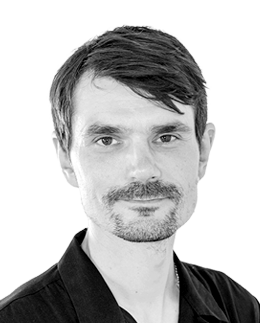Germany is the OECD country with the second largest number of doctoral degrees per year, ranking only below the USA. A PhD title is generally a prerequisite for an academic career in Germany and also a valued qualification in the non-academic labor market. PhD holders play a fundamental role in technological and social processes of innovation. Companies rely on the availability of scientifically qualified employees, especially for their research and development departments. Because of this, a doctoral qualification often brings individual career advantages.
Previous research has often analyzed PhD holders’ professional success in terms of income, employment adequacy, occupational satisfaction, or promotion to leadership positions. Few studies have explored the associations between subjective and objective criteria of success or taken into account that professional success is a multidimensional construct. Within Germany, little is known about the contemporaneous circumstances and the career paths of recent PhD cohorts.
This project aims to fill the identified research gap by extending the understanding of the career trajectories and the professional success of recent PhD holders, examining a variety of disciplines and institutional contexts. Professional success will be analyzed on multiple levels and from various perspectives: We will analyze both subjective and objective criteria, conduct inter-individual and intra-individual comparisons, and address PhD holders employed inside and outside academia.
The research project will examine the following research questions:
- What are the primary occupational destinations of PhD holders and how closely do intended fields of activity correspond to realized fields of activity?
- Are there intersectional inequalities in scientific careers?
- Do subjective expected utilities play a role in individual career decisions? To what extent do they account for gender differences in PhD holders’ career trajectories?
- To what extent is income satisfaction among PhD holders influenced by social comparisons?
- What are the key transformational events that reshape life goals over time – e.g. the birth of a child?
- What proportion of PhD holders is inadequately employed and what are the associative factors?
The research project uses data from a panel survey of PhD holders from the 2014 examination cohort (Project: Careers of PhD Holders). In this German-wide study, the German Centre for Higher Education Research and Science Studies (DZHW) has observed the careers and life courses of several thousand PhD holders from all disciplines and all institutional contexts over a period of five years.
The project is carried out in cooperation with Prof. Dr. Christiane Gross and Lea Goldan from the University of Würzburg.
Funded by the Deutsche Forschungsgemeinschaft (DFG, German Research Foundation) – 433155285.


